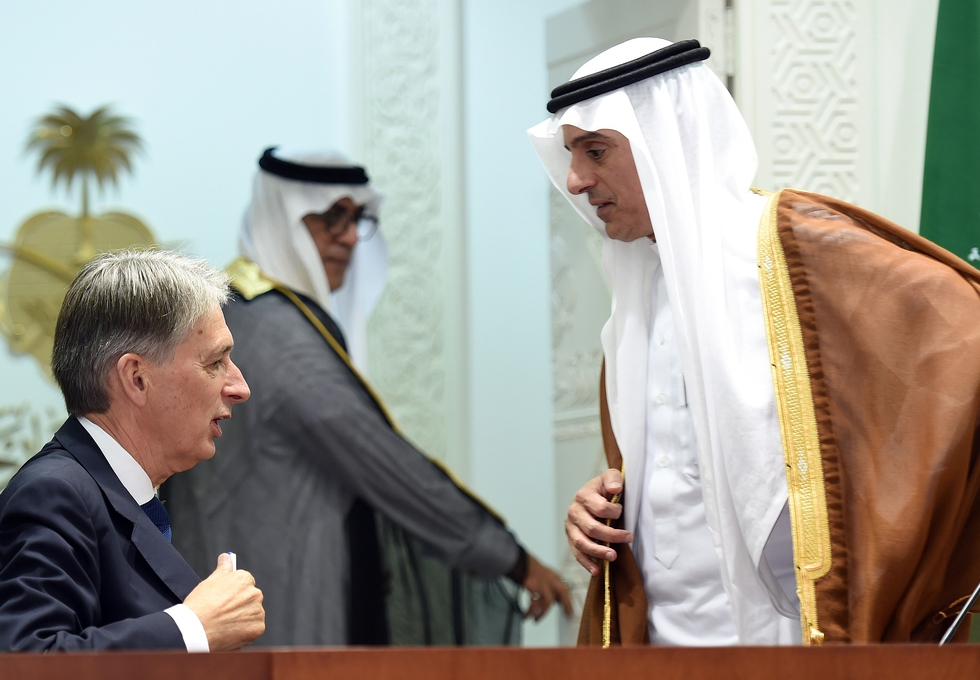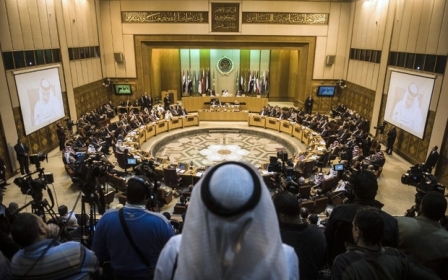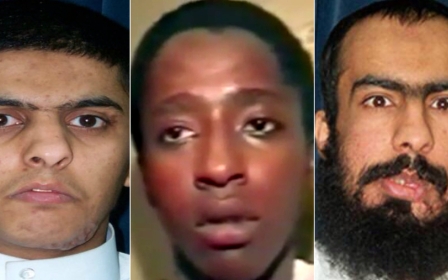UK knew lobbying Saudi Arabia against executions was pointless

The UK left Saudi Arabia off a list of countries to lobby on abolishing the death penalty because the government knew Riyadh was not open to reform.
Conservative MP Matthew Offord recently sent a written question to Foreign Secretary Philip Hammond asking why the government did not include Saudi Arabia in its report “Strategy for the Abolition of the Death Penalty 2010-2015”.
Minister for Europe David Lidington replied to the question on Thursday and, while he did not name Saudi Arabia specifically, he said the decision had been a strategic one based on resources.
“The judgement made in 2010 was that available government resources would focus on countries ready to engage in a dialogue about capital punishment likely to lead to reform,” he said.
The government's five-year plan in 2010 aimed to increase the number of countries who have abolished or suspended using the death penalty.
Lidington said that over this period many of the countries prioritised by the government have made reforms – including Tunisia, Morocco, China, and the United States.
As a close ally of the UK, Foreign Secretary Hammond has been criticised for his limited response to the rising number of executions in Saudi Arabia.
When asked to respond to the mass 47 executions meted out by Riyadh on 2 January Hammond told the BBC: “Just to be clear, these people were terrorists.”
Rights group Reprieve, which campaigns against the death penalty, accused Hammond of “parroting Saudi Arabian propaganda”.
Among the 47 people executed was prominent Shia cleric Sheikh Nimr al-Nimr, whose killing sparked protests inside the kingdom as well as regionally, leading to a diplomatic fallout between Saudi and Iran.
Prisoners convicted of involvement in al-Qaeda attacks were also executed on 2 January. Among them, as revealed by Middle East Eye, were inmates arrested as juveniles and others apparently suffering from mental illness.
Executions in Saudi Arabia have soared since King Salman bin Abdulaziz al-Saud came to the throne in January last year, following the death of his brother Abdullah.
At least 157 people were put to death in 2015, which was the highest number since 1995 when 192 people were executed.
The majority of those executed were convicted of either drugs or murder charges.
Authorities have not explained the spike in executions, however; on a visit to London this week Saudi Foreign Minister Adel al-Jubeir said the world must respect sovereign decisions taken by his country.
“On this issue [of the death penalty] we have a fundamental difference,” he told Channel 4 News’s Jonathan Rugman.
“In your country you do not execute people, we respect it. In our country, the death penalty is part of our laws and you have to respect this.”
Middle East Eye propose une couverture et une analyse indépendantes et incomparables du Moyen-Orient, de l’Afrique du Nord et d’autres régions du monde. Pour en savoir plus sur la reprise de ce contenu et les frais qui s’appliquent, veuillez remplir ce formulaire [en anglais]. Pour en savoir plus sur MEE, cliquez ici [en anglais].




